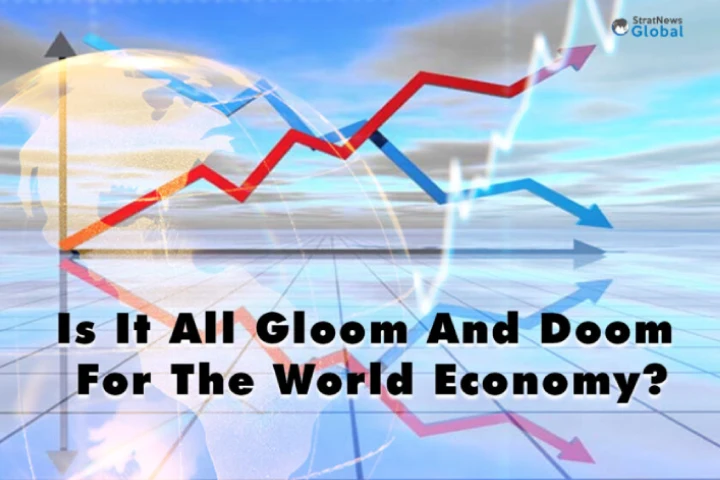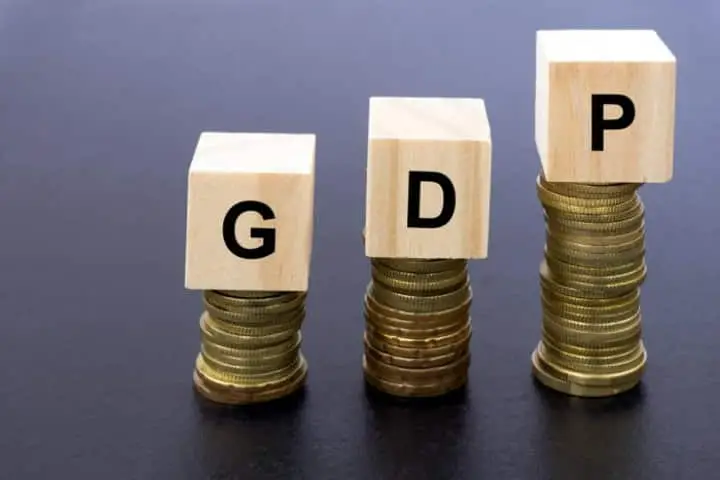Last week, two of the major economies in the world, Japan and the UK, fell into recession marked by two consecutive quarters of negative growth.
The UK economy grew 0.1% across the year, which has been the slowest annual expansion seen in a while as households have come under intense pressure with rising prices and higher borrowing costs. Prime Minister Rishi Sunak has so far failed to meet his pledge to grow the economy.
Like UK, the Japanese economy has fallen into recession due to very little domestic demand. Households and businesses cut spending for a third straight quarter as the economy slipped into fourth spot. Much of the economic downturn has been attributed to the sharp fall of the yen against the dollar over the past two years. A weaker yen eats into profits on exports when earnings are repatriated. There are also other challenges that Japan faces. A shrinking population along with lower birth rate is expected to worsen worker shortage in Japan. It may lead to further fall in GDP.
The news was grim for Europe’s biggest economy Germany, which has been on a downward spiral since 2017, mainly fuelled by the energy crisis caused by the ongoing Ukraine-Russia war. This has led to an additional burden to the economy, leading to extra costs in form of higher wages. According to the European Commission, other economies in the Eurozone are likely to grow slower than the initial forecast this year.
However, it is not all gloom and doom. The US, which is the largest economy, makes up for a quarter of the world’s GDP at $25.5 trillion. It motored ahead in last year’s fourth quarter for a sixth straight quarter of growth, blowing past predictions of a recession. This growth was led by increasing demand from US households, who have continued to spend at a solid rate despite many challenges. Unemployment is down with latest figures showing that fewer US workers filed for unemployment benefits last week.
A strong labour market along with falling inflation has helped the US outpace its counterparts in Europe and elsewhere. The economy posted a 3.3% gain in the fourth quarter of 2023.
In 2020, the Congress rushed to pass a $2.2 trillion economic stimulus bill that put money into the pockets of Americans. This stimulus is still being credited with sustained consumer spending, which accounts for 70% of economic activity. This has enabled normal Americans to spend despite high inflation.
Among the developing countries, India has emerged as a beacon of opportunity for investors. IMF predictions say India is likely to go ahead of Japan and Germany in 2026 and 2027, respectively.
It remains the fastest-growing large economy in the world with the World Bank projecting its growth to reach 6.2% in 2024. According to the IMF, India’s economy is projected to overtake Japan in 2026 and Germany in 2027.
(The story is being republished courtesy StratNews Global)


















